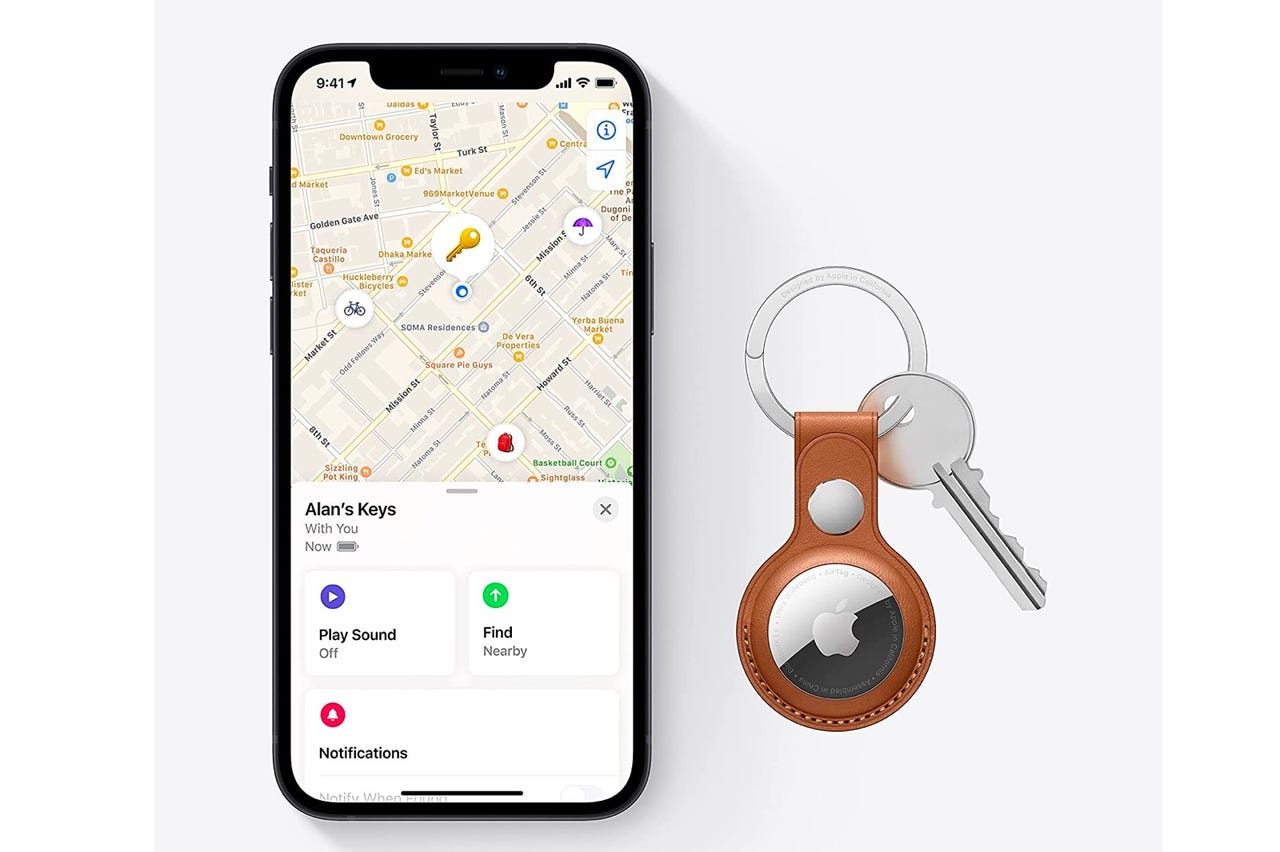'ZDNET Recommends': What exactly does it mean?
ZDNET's recommendations are based on many hours of testing, research, and comparison shopping. We gather data from the best available sources, including vendor and retailer listings as well as other relevant and independent reviews sites. And we pore over customer reviews to find out what matters to real people who already own and use the products and services we’re assessing.
When you click through from our site to a retailer and buy a product or service, we may earn affiliate commissions. This helps support our work, but does not affect what we cover or how, and it does not affect the price you pay. Neither ZDNET nor the author are compensated for these independent reviews. Indeed, we follow strict guidelines that ensure our editorial content is never influenced by advertisers.
ZDNET's editorial team writes on behalf of you, our reader. Our goal is to deliver the most accurate information and the most knowledgeable advice possible in order to help you make smarter buying decisions on tech gear and a wide array of products and services. Our editors thoroughly review and fact-check every article to ensure that our content meets the highest standards. If we have made an error or published misleading information, we will correct or clarify the article. If you see inaccuracies in our content, please report the mistake via this form.
Apple plans to make finding unwanted AirTags easier


Apple on Thursday laid out a series of steps it's taking to address privacy and safety issues related to AirTags, following reports that the devices have been used for malicious and criminal activity.
Some of the more significant changes will come later this year. Apple plans to alert users more quickly when an unwanted device may be traveling with them and also plans to make it easier to find those devices with louder tones and precision finding.
ZDNET Recommends
With precision finding, iPhone 11, iPhone 12, and iPhone 13 users will be able to see the distance and direction to an unknown AirTag when it is in range. The feature relies on input from the phone's camera, ARKit, accelerometer, and gyroscope.
In the meantime, Apple is taking more incremental steps to address the problem. First, in an upcoming software update, users setting up their AirTags for the first time will see a new privacy warning. The new message states that using AirTags to track people without consent can be a crime, that the AirTag is designed to be detected by victims, and that law enforcement can request identifying information about the owner of the AirTag.
Apple said it's been "actively working with law enforcement on all AirTag-related requests [it has] received," providing user information in response to subpoenas or valid requests.
The company is also updating the alert users receive when possibly unwanted AirPods have been traveling with them. Instead of receiving an "unknown accessory" alert, users will receive a message that AirPods are traveling with them.
Also: How tech is a weapon in modern domestic abuse -- and how to protect yourself
Lastly, Apple is updating its unwanted tracking support article to communicate the safety features built into AirTags, AirPods, and Find My network accessories.
This isn't the first time Apple has acknowledged problems associated with AirTags. Just last month, the company updated its Personal Safety User Guide in an attempt to better help customers and potential victims understand what to do if they find an unwanted AirTag.
The update followed a spate of local and national news reports about stalking incidents and auto theft attempts involving AirTags. The reports typically involve someone finding an unknown AirTag secreted away in a handbag, tucked behind their vehicle's license plate, or stashed somewhere else that will help a criminal track their location.
While Apple is starting to address the issue, there are more significant steps they could take to protect consumers, as Adrian Kingsley-Hughes recently noted on ZDNet. As he suggested, Apple could work with Google to bring comprehensive tag tracking to both iOS and Android. Additionally, he said, Apple could make it harder to modify AirTags.
Meanwhile, as ZDNet's Michael Gariffo noted, this problem isn't strictly about Apple devices. Products fromTile,Samsung, and other brands with similar tracking capabilities, including devices to track lost pets, could be used for malicious purposes.